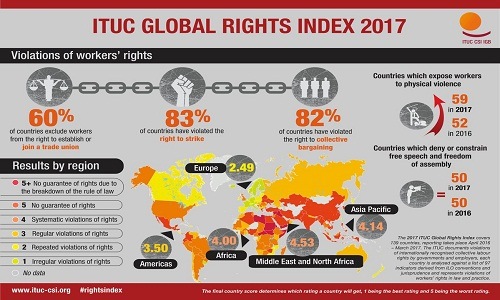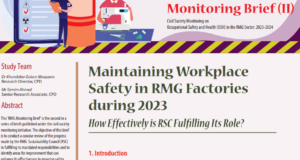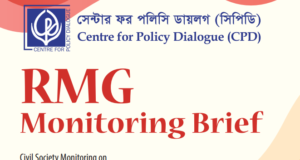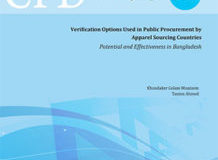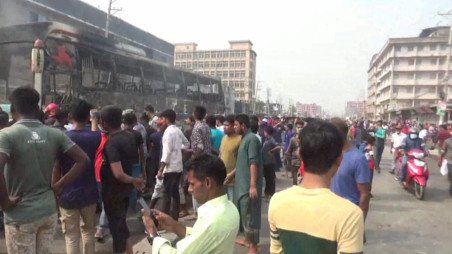Bangladesh is among the top 10 worst countries in the world for workers, the ITUC Global Rights Index 2017 report said.
“At least 35 union leaders and workers’ rights advocates were detained in the weeks (December, 2016) following the strike and criminal complaints were filed against over 1,000 workers. By early January 2017, more than 1,600 workers had been suspended,” the report said.
Below please see what the report said in its paragraphs for Bangladesh.
Trade unionists in Bangladesh have long suffered at the hands of the state, especially its notorious ‘industrial police’, and employers, which continued in 2017. The state authorities were swift to take reprisals against garment workers
who took part in a week-long strike in the Ashulia garment production district of the Bangladeshi capital Dhaka in December 2016. The Prime Minister issued a directive ordering the strikers back to work, while the Labour Minister
warned that stern action would be taken against the instigators. At least 35 union leaders and workers’ rights advocates were detained in the weeks following the strike and criminal complaints were filed against over 1,000 workers. By early January 2017, more than 1,600 workers had been suspended.
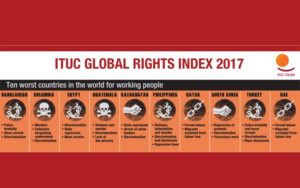
At a more subtle level of anti-union discrimination, systematic obstacles remain to the registration of trade unions in Bangaldesh, especially in the garment sector. A high-level tripartite ILO mission to the country in mid-April 2016 expressed concern about the rate of trade union registration. Indeed, only about 10 per cent of Bangladesh’s more than 4,500 garment factories have registered unions, as the labour law requires an unreasonably high 30 per cent of workers to agree to form a union and mandates excessive registration procedures, while the government has vaguely-defined powers to cancel a union’s registration. Factory managers also threaten and attack unions and their members with impunity.
 CPD RMG Study Stitching a better future for Bangladesh
CPD RMG Study Stitching a better future for Bangladesh
